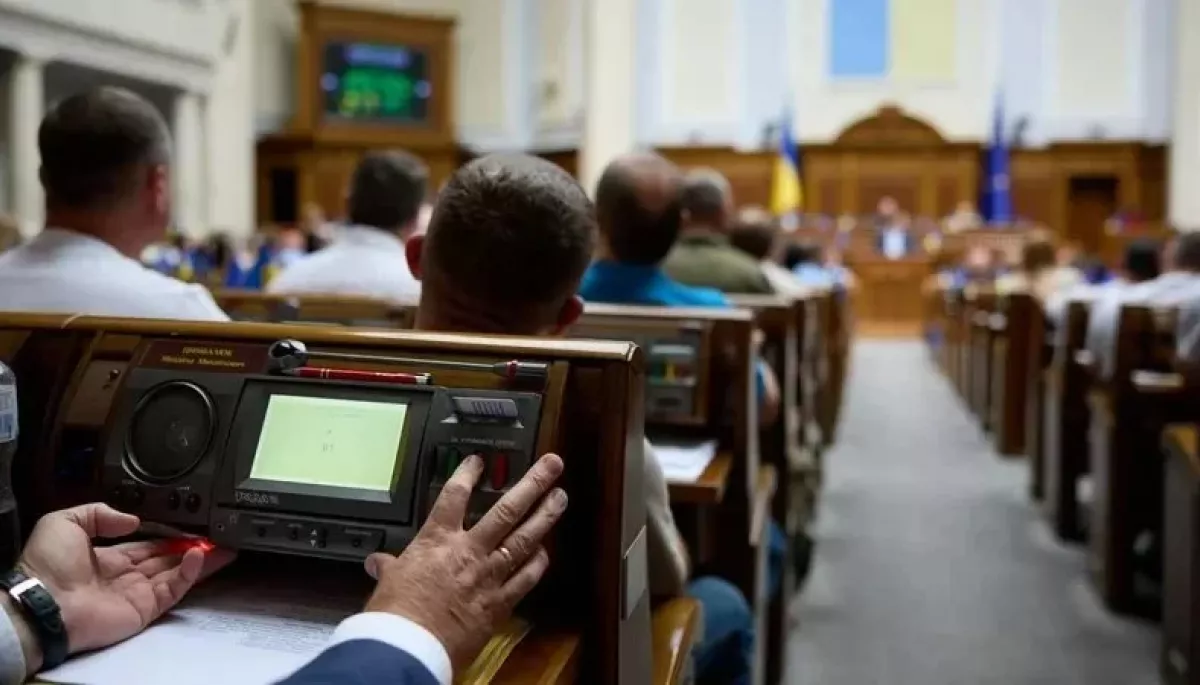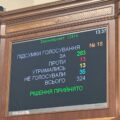
Bill 12439: Why Ukraine’s New Draft Law Could Undermine NABU and SAPO’s Independence
After the historic struggle for the independence of Ukraine’s anti-corruption institutions, the state once again stands at a crossroads: entrenching institutional independence or reinforcing vertical political control. Bill No. 12439, which is now being prepared for its second reading in the Verkhovna Rada, is positioned as a way to “protect business” from potential abuse by law enforcement. But clearly, market protection cannot come at the expense of undermining investigations into high-level corruption.
What Bill No. 12439 changes
Main risk provisions:
- Substitution of court decisions. From now on, actions can be considered lawful if they are in line with the “interpretations” of regulators even if those are individual interpretations. Essentially, instead of strict judicial oversight arbitrary formulations by officials.
- Ban on urgent searches. In cases involving bribery or influence peddling, urgent searches without a judge’s order will become impossible. Searches are one of the key tools for documenting evidence in high-profile corruption cases. To remove this tool is, at best, a dangerous precedent.
Response from anti-corruption bodies: NABU and SAPO
The agencies make no attempt to hide their criticism. In a joint statement, NABU and SAPO declared that the proposed changes “do not comply with the Constitution and the principle of equality before the law, provide tools for impunity of top officials, and threaten ongoing investigations.” This is a direct accusation of legislative cover being granted to corrupt elites.
The tone of the statement is impartial but deeply concerned. This is not about politics it is about protecting the rule-of-law architecture.
Historical context 12414 vs 4560‑IX vs 12439
What’s happening now is not the first attempt at revising Ukraine’s anti-corruption framework. In July 2025, Parliament passed Bill No. 12414, which subordinated NABU and SAPO to the Prosecutor General effectively dismantling their independence (read: centralization). This triggered massive protests: Kyiv, Lviv, Odesa, Dnipro thousands took to the streets under the slogan “Hands off NABU.”
The EU and G7 reacted with diplomatic concern, emphasizing the importance of preserving Ukraine’s anti-corruption infrastructure for its EU integration path.
Most importantly, Bill 4560‑IX later restored the institutional independence of NABU and SAPO. That was a victory for activists and civil society an institutional restoration.
Now comes Bill 12439, a new piece of legislation that could once again erode this progress by introducing convenient shields for wrongdoing and new barriers for investigators.
Key theses in
- Institutional balance. Anti-corruption bodies are protected by legislated guarantees of independence. Without them, it looks more like political maneuvering than actual oversight.
- Business protection vs justice. While protecting entrepreneurship is important, it should not come at the cost of weakening the pursuit of high-level crime. A legislative compromise that puts “business” first is a direct institutional downgrade.
- International vector. Every step toward vertical political control is a step away from European integration. Ukraine has worked hard to build trust. That trust isn’t sentiment it’s capital.
“Serious obstacles to the fight against high-level corruption” – this is how NABU and SAPO phrased their position.
If this isn’t a challenge to Ukrainian statehood during a hybrid war then what is?
Bill No. 12439 is not just a set of technical amendments. It is a breaking point, where society, politics, and institutions are risking the very system of checks and balances. If passed, Ukraine risks losing the anti-corruption framework it built from scratch after the Revolution of Dignity. This is the time for voices, not irony. This draft law demands reflection, deep analysis, and above all responsibility.












